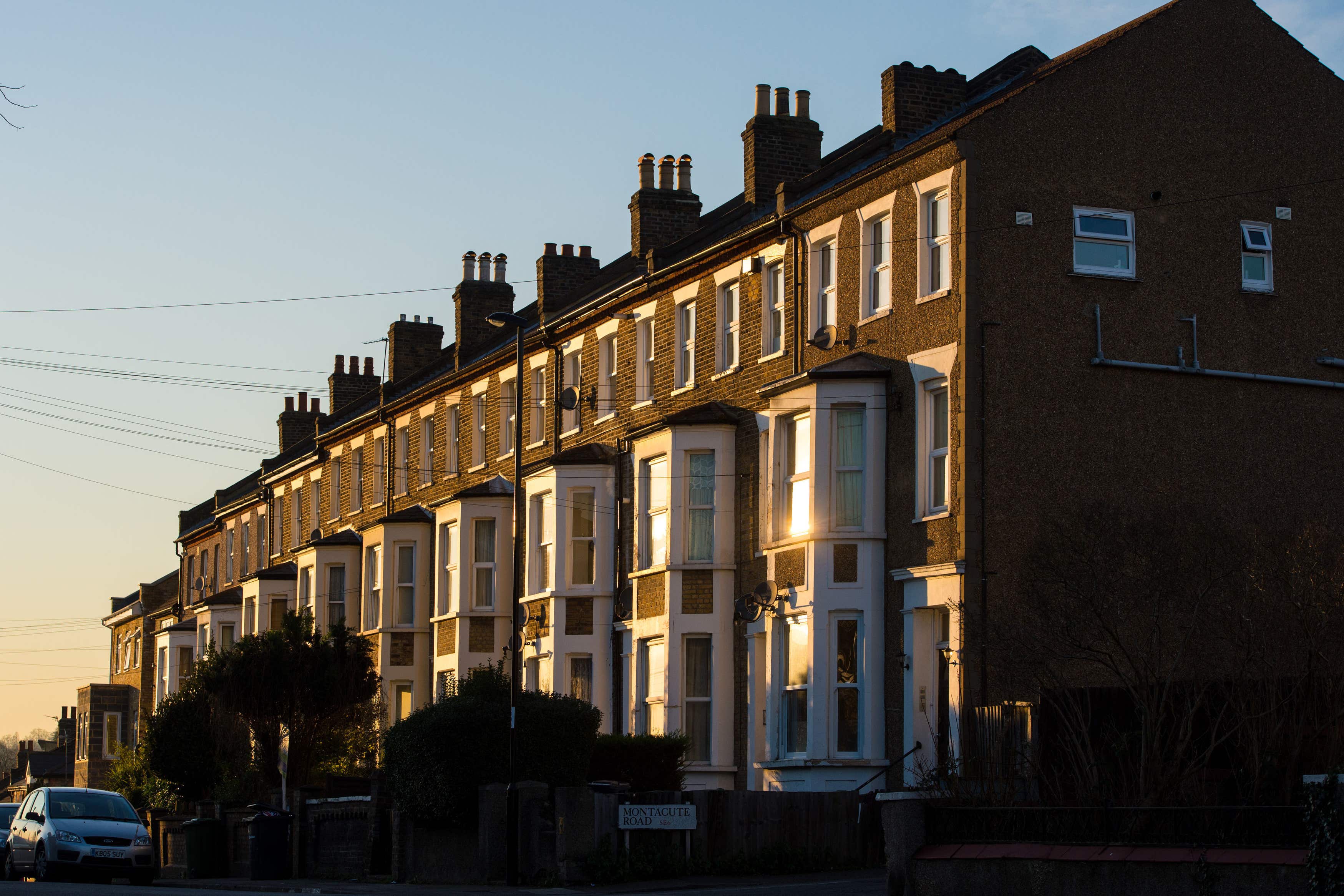If the Tories want to win elections, they can no longer afford to ignore renters
Editorial: There will be electoral consequences for ignoring the desperation of millions who don’t own their homes

Fifteen years of soaring house prices has increasingly turned Britain into a nation of renters. Yet renters remain little more than an afterthought for politicians.
The most recent English Housing Survey revealed that significantly more households now rent their home – 36 per cent, compared with 30 per cent who own their homes with a mortgage (35 per cent are owned by their occupiers outright.)
That rising central bank interest rates have created a timebomb for mortgage holders is treated as a national crisis, while the misery of renters is all but ignored.
For renters, the bomb went off long ago. They are not worrying about some point months or years in the future, for when their fixed rate deals expire and have to be renewed. They are worried about right now. Rental costs have risen sharply since the pandemic, and almost nothing is being done to address its deeper causes.
Analysis by the Resolution Foundation shows that renters pay, on average, four times more of their income on housing costs than mortgage holders. That number may narrow in the years ahead as mortgage costs rapidly increase, but rental costs are doing the same, and renters have far less breathing space in their budgets to cope. They are not renting, for the most part, out of choice.
After the financial crisis, mortgage lenders were forced to introduce checks on customers to ensure they could cope with the consequences of rising rates. No such checks exist for renters. If they can’t pay, they must find somewhere cheaper.
Young, hypermobile, flat-sharing adults may be relatively well equipped to cope with the upheaval, miserable though it nevertheless is. But renting is no longer the preserve of such people. Children, increasingly, live in rented homes. To be priced out of an area can mean changing schools, and other life-limiting difficulties.
Economic reality will eventually lead to changes in political reality, but it hasn’t happened yet, even though the tipping point was crossed long ago. There will be electoral consequences for ignoring the desperation of millions of renters.
In the public discussion, the problems in the rental sector are typically articulated through the struggles of landlords, not their tenants. Drastic solutions are needed, and they were needed a long time ago. An enormous building programme of social housing is required, which would be a challenge even for a government that wasn’t ideologically opposed to the idea in the first place, as the current one certainly is.
New legislation is needed to protect tenants from huge price increases, and actual progress on the legislation to prevent no-fault evictions.
Cynical, transactional politics that services the needs of homeowners is rapidly coming to the end of its lease. Times are changing. Young people are getting older and no less angry. Labour has made some vague promises, like the introduction of a Renters Charter, but it will not be even remotely enough to meet the scale of the housing emergency. Barring a miracle, the Conservatives will find themselves in opposition in the not very distant future. They are highly unlikely to return to government without the support of renters, who cannot be ignored forever.
Join our commenting forum
Join thought-provoking conversations, follow other Independent readers and see their replies
Comments


Bookmark popover
Removed from bookmarks